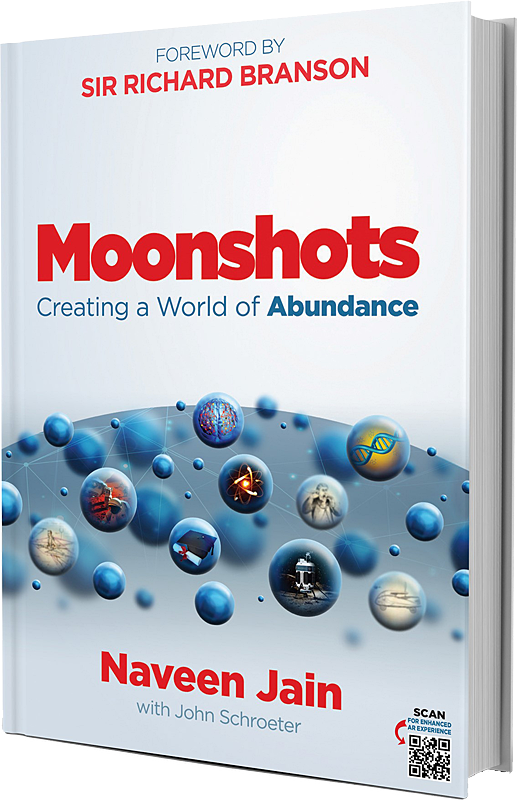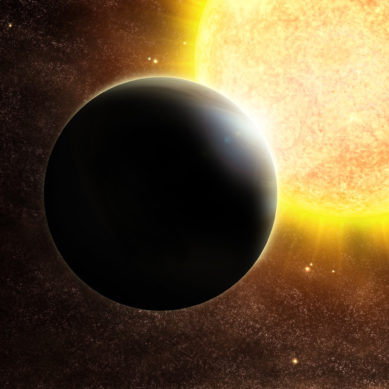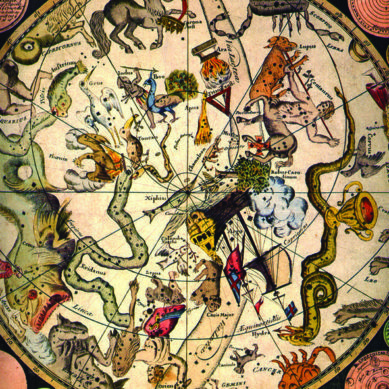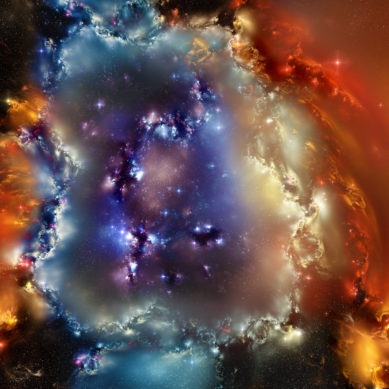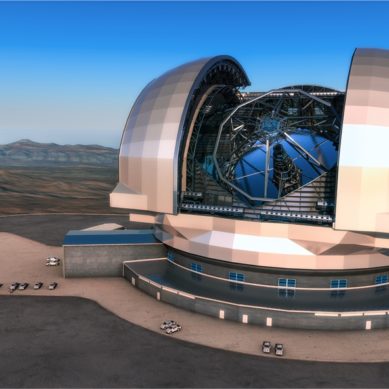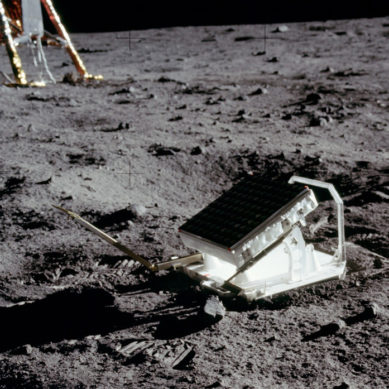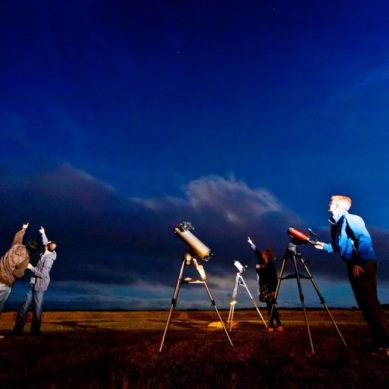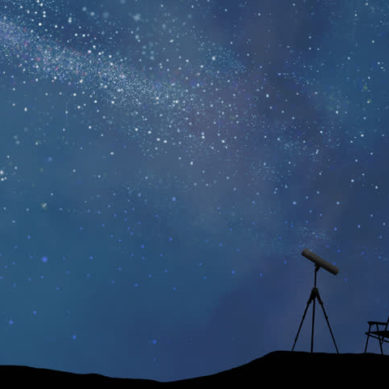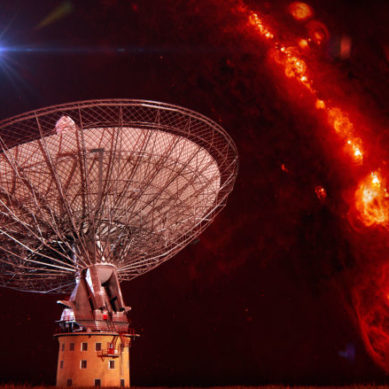Extrasolar Planets and the Cosmic Perspective
Do there exist many worlds, or is there but a single world? This is one of the most noble and exalted questions in the study of Nature. — St. Albertus Magnus (1206–1280) Take a look at the image in Figure 1. It may not look like much, but the four labeled...
The History of Uranography, or Celestial Cartography
To the ancient Greek, Urania was the Muse of the Heavens and Uranus was the god of the celestial realm. The planet Uranus, that was discovered in 1781 by the English astronomer William Herschel, was named after him. Both names, Urania and Uranus, come from the Greek root for sky,...
Observing Nebulae
Nebulae are one of the most abundant objects for amateur astronomical study and are very rewarding to photograph. A bright nebula can be counted amongst the most inspiring splendours nature has to offer. What’s more, they are generally very diverse with a wide range of dimensions, magnitudes, and availability to...
The Next Telescopes
Astronomy has reached a fascinating point. Several new, extremely advanced telescopes will come online in the next few years that are likely to change forever our view of the cosmos. These instruments will be so powerful that they will completely overshadow today’s telescopes. With them we will be able to...
The Speed of Light: Could it be Changing?
The Speed of Light is a key to our understanding. Our electronics, the computer you are using, and even the human brain operate at the speed of this “universal constant.” Through light our eyes and telescopes perceive much of the universe. Our sciences of astronomy, Relativity, and quantum mechanics depend...
Quitting the Day Job
I spent every day of the previous ten years in a windowless office, working for a California-based Fortune 500 company that makes cleaning supplies. In March of 2016, I sat down in my director’s office and delivered the news. He sat across from me, tapping a pen on the desk,...
Check it Out!
I recently checked out a telescope at my local library. Wait, what? Yes, you read that correctly. In addition to books, movies, music and online resources, my local library system checks out telescopes. The telescope comes in a kit with all the basics to get you started gazing at the...
Quest for Fleeting Radio Frequency Bursts from beyond Our Galaxy
The field of radio astronomy owes a great debt to the famously failed Michelson–Morley experiment, which set out in 1887 to characterize the effects of mysterious luminiferous “aether wind” on the speed of light. One of science’s more fruitful failures, it tilled the ground for Einstein’s special theory of relativity....
- 1
- 2


